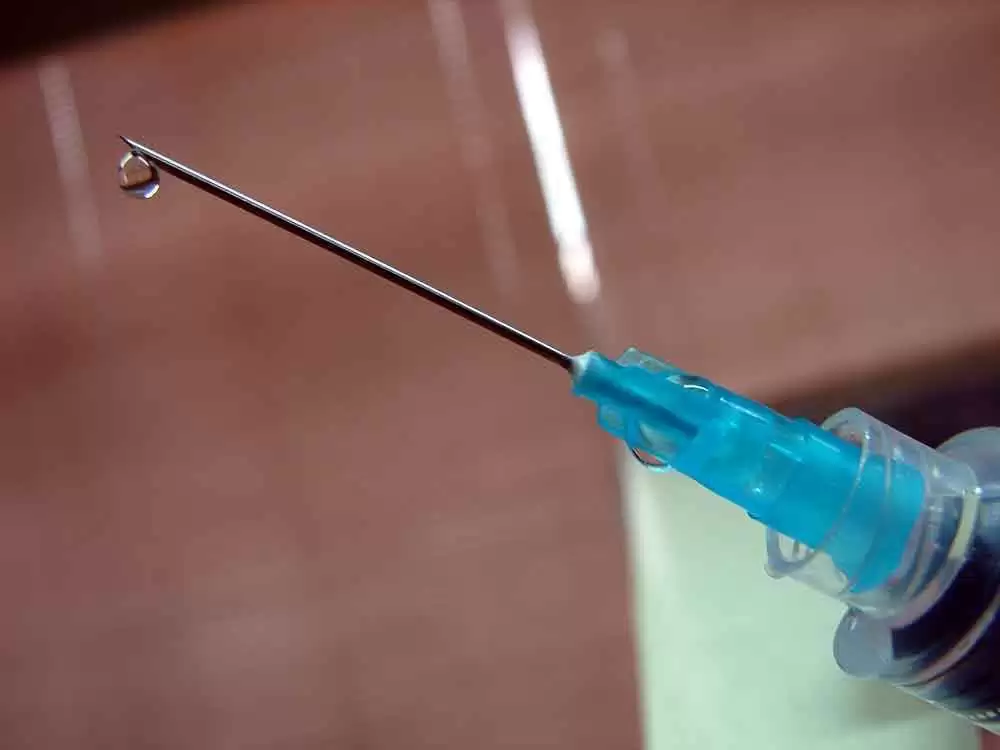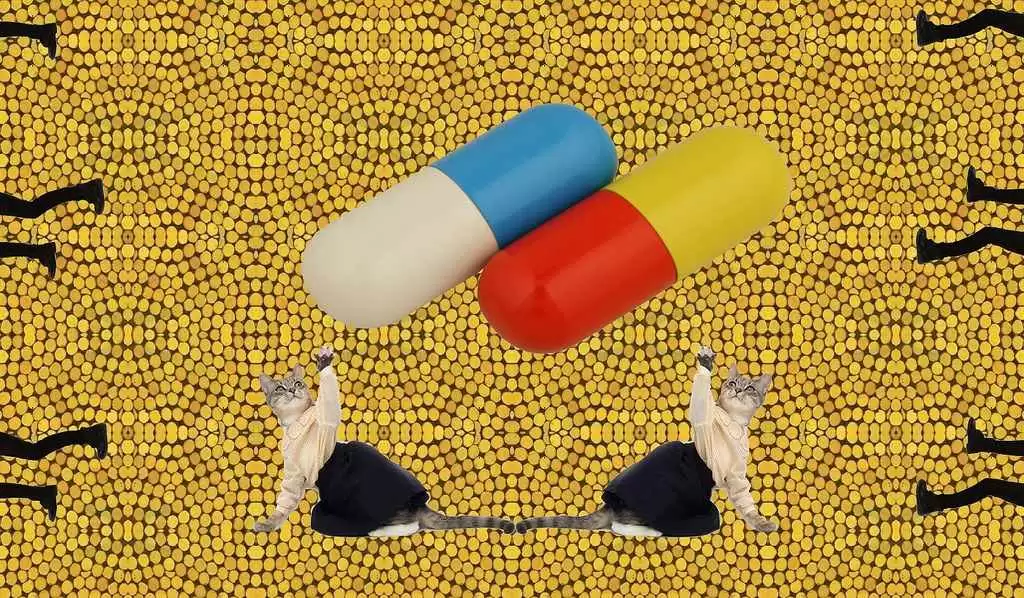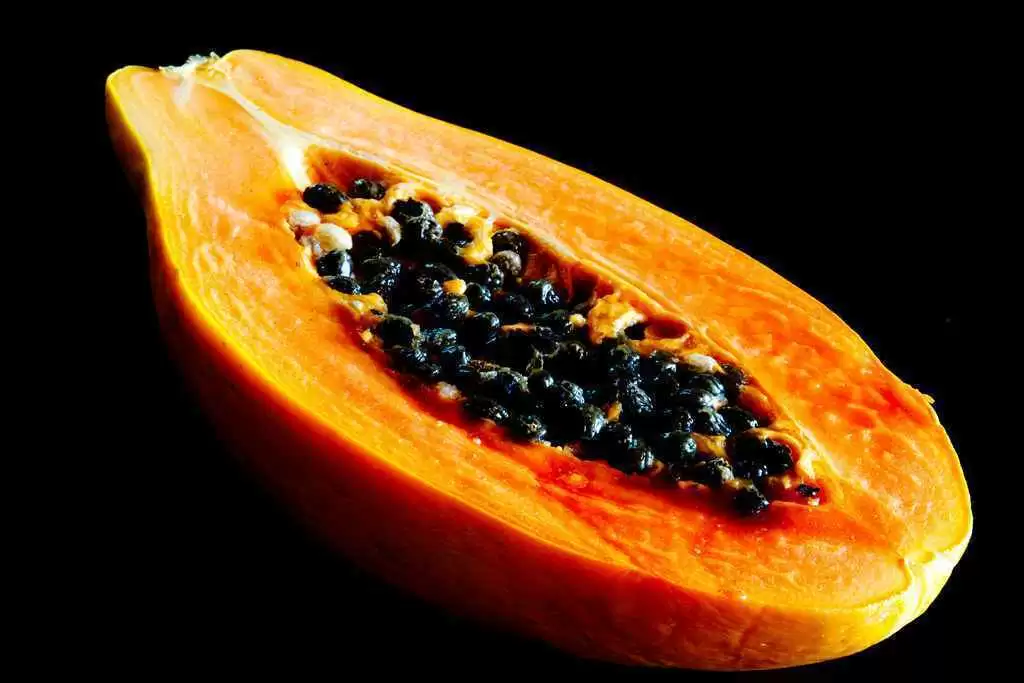
Celiac.com 08/07/2018 - A new drug designed to reduce symptoms of accidental gluten ingestion in celiac disease sufferers has yielded some encouraging data. The drug in question is a monoclonal antibody designed to reduce adverse reactions in celiacs who are accidentally exposed to gluten. The results, presented at Digestive Disease Week, held in Washington DC from 2–5 June 2018, suggest that monoclonal antibodies could provide protection for people with celiac disease.
Celiac patients on a gluten-free diet who randomly received six injections of a monoclonal antibody, called AMG 714, over a ten-week period, enjoyed a substantial reduction in intestinal inflammation. Over a ten week study period, celiac patients on a gluten-free diet received six randomly assigned injections of either a placebo, or of AMG 714 at a dose of either 150mg or 300mg.
Celiac.com Sponsor (A12):
Patients then underwent a dietary gluten challenge from week through until week twelve. As tested, the drug did not reduce damage to intestinal villi for either treatment group, which was the trial’s primary goal, but it did significantly reduce celiac-related inflammation and symptoms in response to gluten consumption.
Patients receiving the highest dose of AMG 714 had no clinically active disease at week twelve of the study, and also had a significant improvement in self-reported outcomes, compared with the placebo group. No matter how diligently people with celiac disease follow a gluten-free diet, they can still suffer accidental gluten exposure ingestion.
Treatments like AMG 714 could become important adjunct to gluten-free diet in for people with celiac disease, including non-responsive celiac disease.
Read more in Pharmaceutical-journal.com










Recommended Comments
There are no comments to display.
Create an account or sign in to comment
You need to be a member in order to leave a comment
Create an account
Sign up for a new account in our community. It's easy!
Register a new accountSign in
Already have an account? Sign in here.
Sign In Now